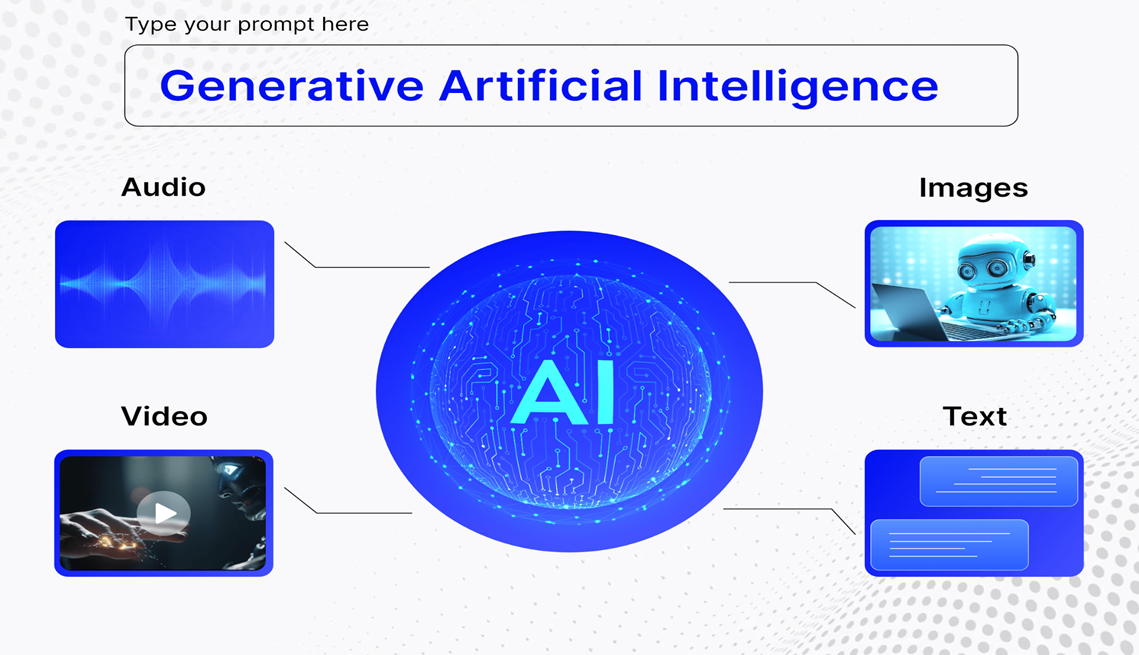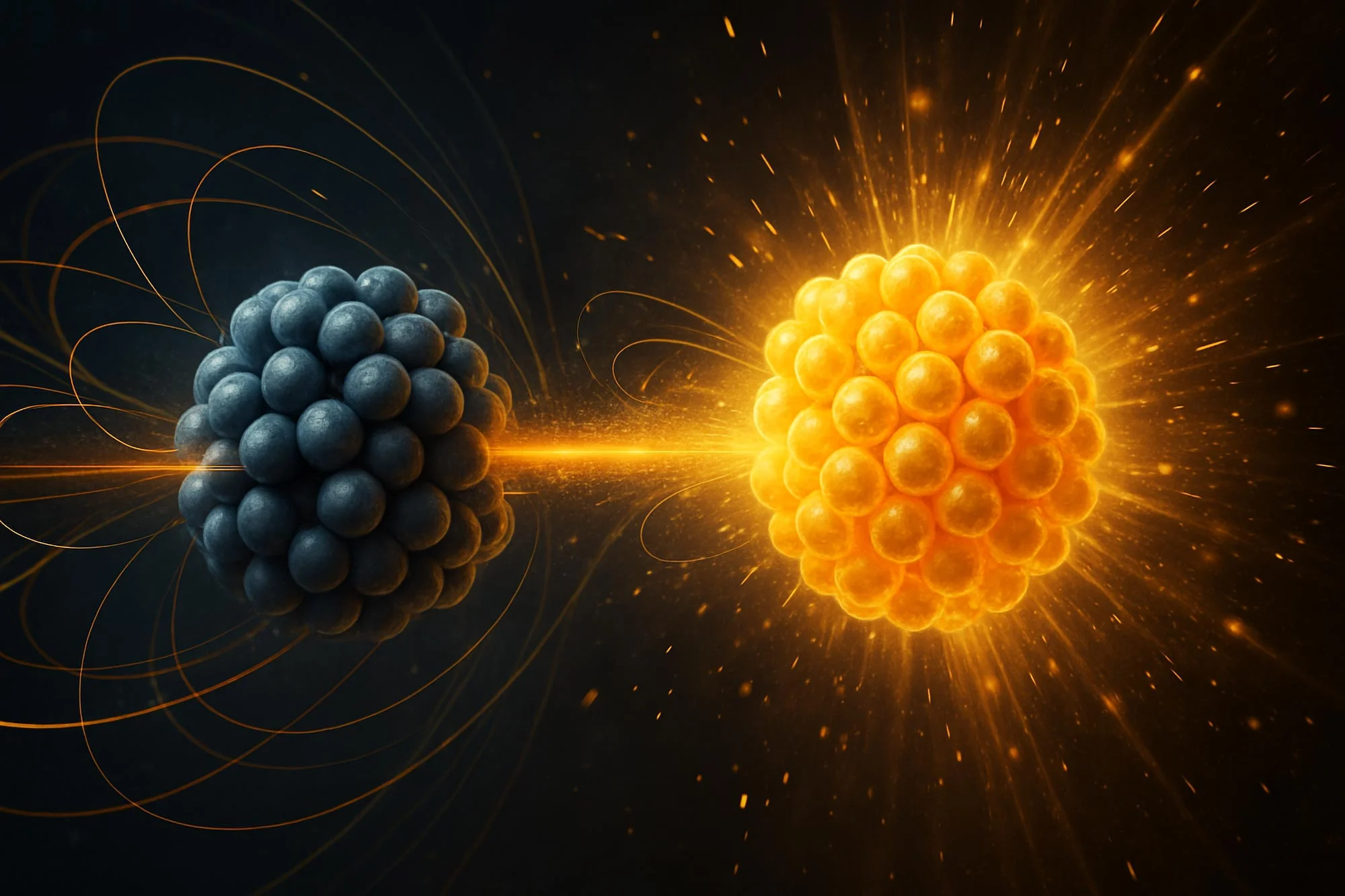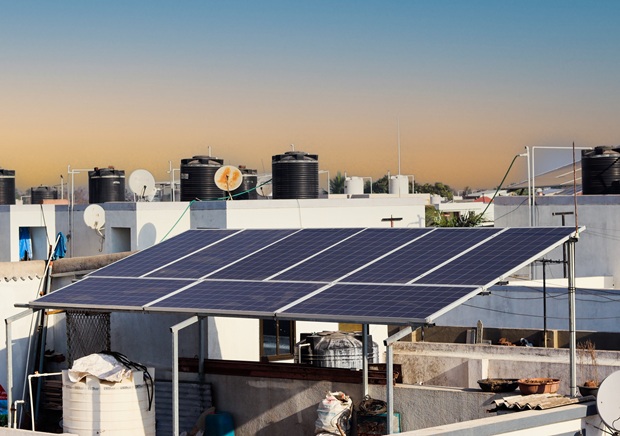- Courses
- GS Full Course 1 Year
- GS Full Course 2 Year
- GS Full Course 3 Year
- GS Full Course Till Selection
- Online Program
- GS Recorded Course
- NCERT (Recorded 500+ Hours)
- Polity Recorded Course
- Geography Recorded Course
- Economy Recorded Course
- AMAC Recorded Course
- Modern India, Post Independence & World History
- Environment Recoded Course
- Governance Recoded Course
- Science & Tech. Recoded Course
- International Relations and Internal Security Recorded Course
- Disaster Management Module Course
- Ethics Recoded Course
- Essay Recoded Course
- Current Affairs Recoded Course
- CSAT
- 5 LAYERED ARJUNA Mentorship
- Public Administration Optional
- ABOUT US
- OUR TOPPERS
- TEST SERIES
- FREE STUDY MATERIAL
- VIDEOS
- CONTACT US
S.A.R.A.H.: A DIGITAL HEALTH PROMOTER POWERED BY GENERATIVE AI
S.A.R.A.H.: A DIGITAL HEALTH PROMOTER POWERED BY GENERATIVE AI
08-04-2024
WORLD Health Organisation (WHO) has launched a digital health promoter prototype, powered by generative Artificial Intelligence (AI).
What is S.A.R.A.H.?
S.A.R.A.H. stands for Smart AI Resource Assistant for Health. It is a digital health promoter prototype with enhanced empathetic response capabilities, powered by generative artificial intelligence (AI).
About S.A.R.A.H.:
- Goal: S.A.R.A.H. aims to provide an additional tool for people to realize their rights to health, regardless of their location.
- Features:
- Extensive Health Information: S.A.R.A.H. is trained to provide information across major health topics, including healthy habits and mental health.
- Risk Factor Support: It supports people in developing a better understanding of risk factors for leading causes of death, such as cancer and heart disease.
- Practical Guidance: S.A.R.A.H. offers practical guidance on quitting tobacco, staying active, eating a healthy diet, and managing stress.
Capabilities:
S.A.R.A.H. can engage users 24 hours a day in eight languages on multiple health topics, accessible on any device. It is powered by generative AI, allowing it to provide more accurate and real-time responses.
FAQs:
Q1: What is Generative AI?
Generative AI, or generative artificial intelligence, is a type of machine learning model that can create new content based on what it has learned from examples. It uses neural networks to identify patterns and structures within existing data to generate new content, such as text, images, music, audio, and videos.
Generative AI is powered by foundation models, which are large AI models that can multi-task and perform out-of-the-box tasks, including summarization, Q&A, and classification.
Generative AI has many applications, including:
- Entertainment
- Advertising
- Creative arts
Improving the efficiency and accuracy of existing AI systems:
Can transform creativity in real-time news aggregation, content summarization, language translation, and more
Must Check: Best IAS Coaching In Delhi




